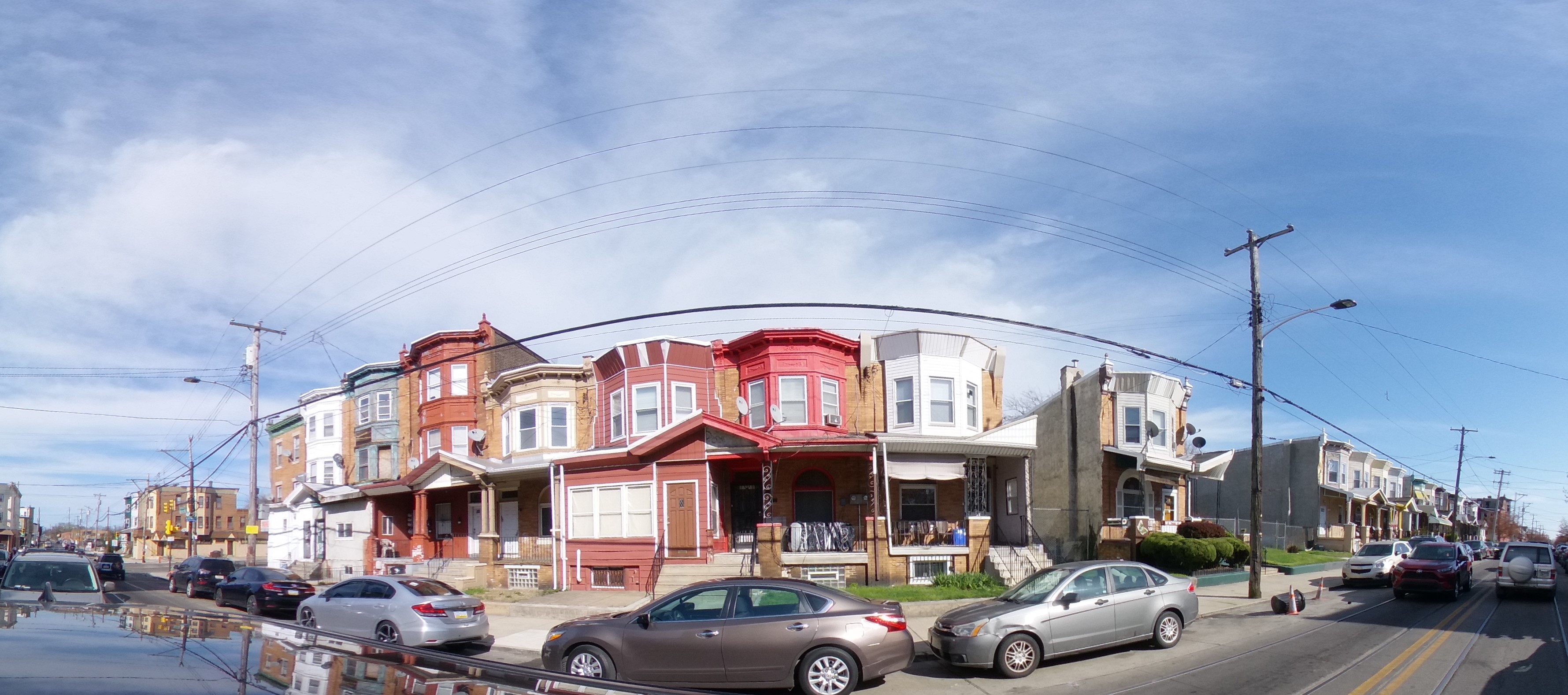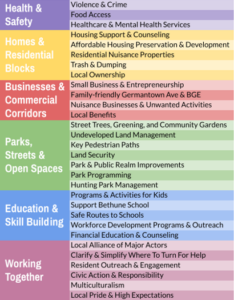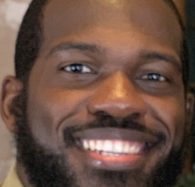Get Involved

 Become a Thought Partner
Become a Thought Partner
Partner with us to produce thought leadership that moves the needle on behavioral healthcare.
 Other options to get involved
Other options to get involved

Thank you!
We received your information and will be in contact soon!
Get Involved

 Grantmaking
Grantmaking
We fund organizations and projects which disrupt our current behavioral health space and create impact at the individual, organizational, and societal levels.
 Participatory Funds
Participatory Funds
Our participatory funds alter traditional grantmaking by shifting power
to impacted communities to direct resources and make funding decisions.
 Special Grant Programs
Special Grant Programs
We build public and private partnerships to administer grant dollars toward targeted programs.
 Program Related Investments
Program Related Investments
We provide funds at below-market interest rates that can be particularly useful to start, grow, or sustain a program, or when results cannot be achieved with grant dollars alone.
Get Involved

 Tia Burroughs Clayton, MSS
Tia Burroughs Clayton, MSS
Learning and Community Impact Consultant
Add some text here
 Alyson Ferguson, MPH
Alyson Ferguson, MPH
Chief Operating Officer
Contact Alyson about grantmaking, program related investments, and the paper series.
 Samantha Matlin, PhD
Samantha Matlin, PhD
Senior Learning & Community Impact Consultant
Contact Samantha about program planning and evaluation consulting services.
 Caitlin O'Brien, MPH
Caitlin O'Brien, MPH
Director of Learning & Community Impact
Contact Caitlin about the Community Fund for Immigrant Wellness, the Annual Innovation Award, and trauma-informed programming.
 Joe Pyle, MA
Joe Pyle, MA
President
Contact Joe about partnership opportunities, thought leadership, and the Foundation’s property.
 Bridget Talone, MFA
Bridget Talone, MFA
Grants Manager for Learning and Community Impact
Add some text here

My journey with North 10 and the Hunting Park/East Tioga Neighborhood Plan began with a program evaluation course at the University of Pennsylvania in Spring 2020 taught by Scattergood Foundation Vice President of Learning and Community Impact, Dr. Samantha Matlin. The course gave students the opportunity to gain real world experience by selecting to work on one of three Scattergood Foundation programs. My group selected Place Matters. The concept of the project and its potential for applications of the data attracted me from the start, as I have always had a passion for community engagement and empowerment. The potential applications of Place Matters for policy change, resource allocation, philanthropy, and fundraising were enticing.
After spending time understanding the nuances of Place Matters and gleaning meaningful takeaways, I immediately requested a chance to become further involved in Scattergood’s work. Conveniently, the Hunting Park/East Tioga Neighborhood Plan project was scheduled to start by the end of 2020 and I was invited to contribute as a graduate intern.
This project began as a joint effort of the Scattergood Foundation, North 10, V. Lamar Wilson Associates, and Interface Studio. The goal of the project was to identify assets, challenges, and opportunities for members of the Hunting Park/East Tioga community and to create a neighborhood plan.
The first element of my contribution was in general participation in the various community interacting elements. The initial stages involved stakeholder and resident advisor meetings with various community members. The middle stages consisted of survey planning, community walk-throughs, survey distribution, and recap. The final stages were composed of focus group interviews, community planning meetings, and survey results implementation. I observed, participated, and provided feedback on key takeaways throughout these community facing engagements on how to improve along the process.
In response to the growing consideration for future applicability to neighborhood improvement plans whether within Philadelphia or external, I conducted a literature review to compare what is being done in the Hunting Park/East Tioga project to similar urban environments in the US. The research was anchored in process improvement of the neighborhood plan based on similar programs in areas such as Atlanta, Los Angeles, New York, and Miami. Using the survey categories listed below, I tailored the search to focus on the categories of improvement garnered from the community responses.

Ultimately, the Hunting Park/East Tioga neighborhood project highlighted a few key points. The community wants consistent, long-term change in multiple focus areas (e.g. health & safety, business & residential spaces, educational opportunities). Not only does the community want this change, but the community also wants to lead, or be heavily involved in this change. Lastly, residents want to maintain the area’s family friendly environment and continue to build cohesion among community members.
In surveying the community, challenges to achieving change arose. Timeline was and continues to be a concern for the organizations, committees, and community members: Will the work being done initially in the project be sufficient to enact meaningful and lasting change? Will resources such as financial, human, and political be available to contribute to the change? How will organizations balance community acceptance of strategies for change with their own ideals of change?

A specific experience that captures the essence of my time was a conversation with Leroy Fisher of the North Philly Aztecs. We were able to connect over the shared passion for football (I played for over 10 years from middle school through college) and a passion for helping our communities. We discussed the challenges the community faces. The opportunity to hear the problems and proposed solutions from such a respected member of the community gave me a unique perspective that perfectly encapsulated why this project is so meaningful to me.
The work in Hunting Park/East Tioga is ongoing and projected to end in Winter 2021.












